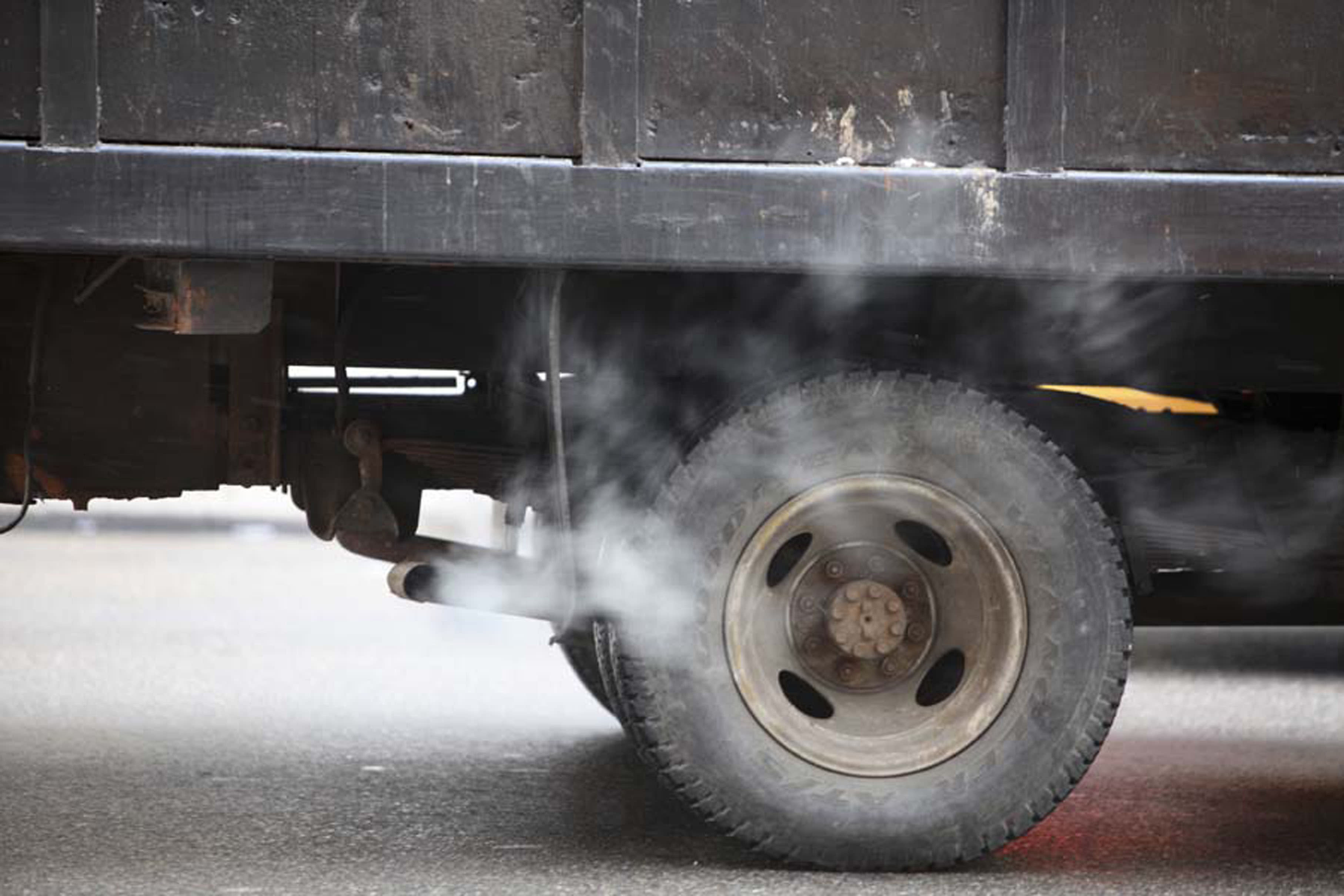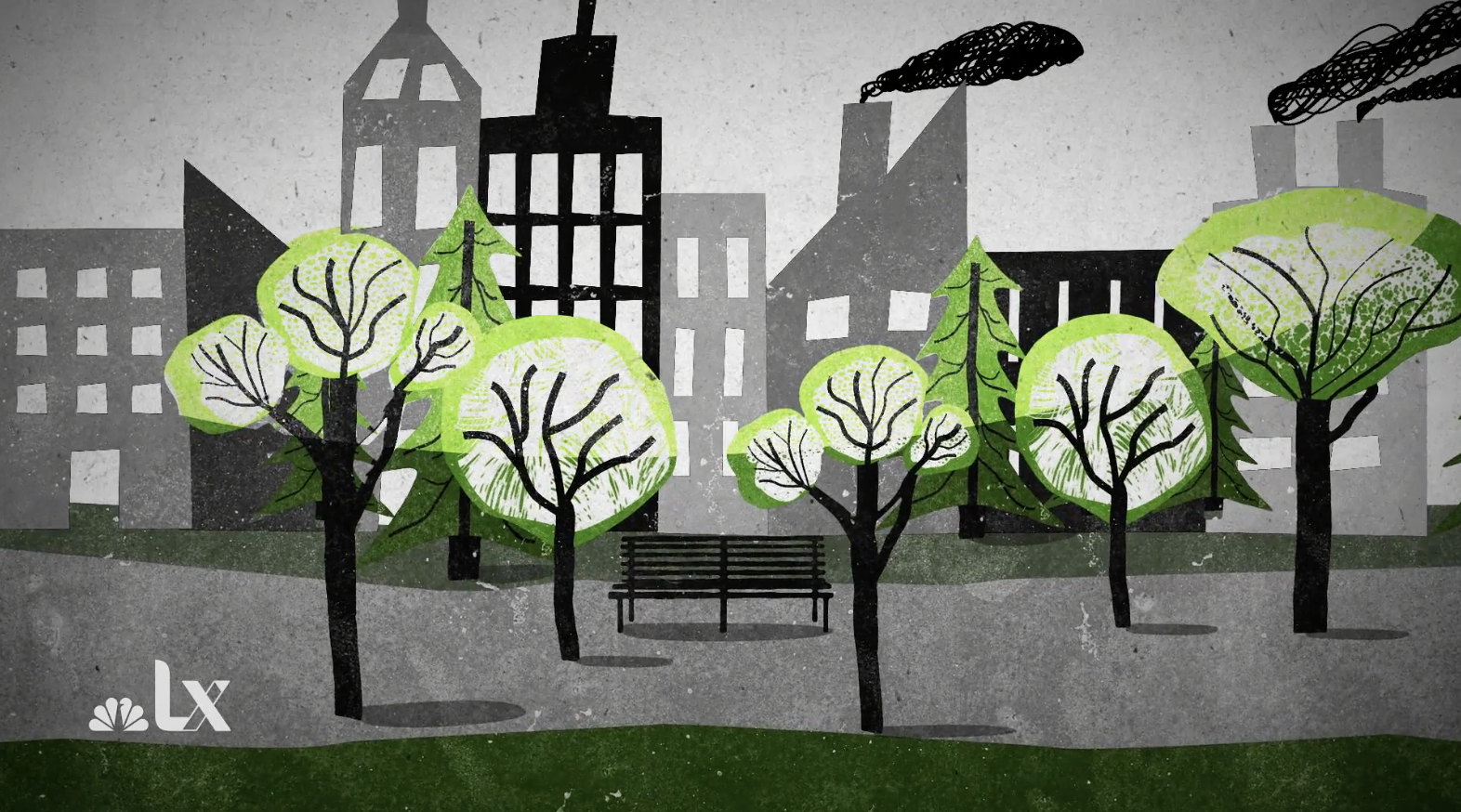As the international community seeks ways to punish Russia for its war in Ukraine, diplomats from the rogue nation continue to enjoy generous parking privileges in New York City. That, despite U.S. State Department rules which suggest Russia should be temporarily blocked from acquiring diplomatic plates.
An I-Team analysis of summonses issued to vehicles with Russian plates shows the country owes more than $100,000 in unpaid parking fines. When asked about the diplomatic parking bill, a State Department spokesperson referred the I-Team to a policy which indicates three or more unpaid violations since 2003 will result in a nation being suspended from registering or renewing diplomatic license plates.
According to New York City’s database of open parking violations, Russia currently has 46 parking tickets that have gone unpaid for more than 100 days since 2003 — far more than the three outstanding summonses that would trigger a suspension.
The State Department declined to say definitively whether Russia is currently suspended from registering or renewing diplomatic plates, but stressed the policy is applied evenhandedly, irrespective of geopolitics or sanctions imposed by the U.S. Department of the Treasury.
"This policy is enforced for every mission, including the Russian Federation," the State Department wrote in an email to the I-Team.
Get Tri-state area news delivered to your inbox.> Sign up for NBC New York's News Headlines newsletter.
Email and phone messages to the Russian Federation Mission to the United Nations were not returned by the deadline for this article.
In total, member countries of the United Nations have racked up more than $16 million in unpaid New York City parking fines. Most of that figure stems from violations that took place prior to 2002.
In Nov. 2002, the State Department and the government of New York City under Mayor Michael Bloomberg entered into a Memorandum of Understanding that calls for much tougher penalties for scofflaw nations that don’t pay parking bills.
Despite the promise of those tougher penalties, the I-Team spotted Russian diplomatic vehicles flouting city traffic laws just this week. On East 67th Street, near the country’s UN mission, there were three Russian vehicles parked on sidewalks. Several others were illegally parked in No Stopping zones. One Russian diplomat parked his vehicle in a spot reserved for the fire station across the street.
Some neighbors who live and work near 67th Street said Russia’s flagrant parking violations should draw swift enforcement – especially because much of the international community is searching for new ways to condemn the country for waging war in Ukraine.
"I don’t think they should be given diplomatic immunity whatsoever for parking tickets," said Barbara Evans-Butler, a neighbor who said she was once married to an Australian diplomat.
Jack Murray said he routinely sees illegally parked Russian vehicles on his block. "We should be disallowing their parking here," he said.
Still others suggested questions of parking enforcement should be kept entirely separate from discussions of how to deter Russian aggression.
"Right now I think the main focus should be on how we can make the biggest impact," said Jose Cabrera, "and I don't necessarily think that's the biggest impact we can think about right now."
The 2002 Memorandum of Understanding allows New York City to tow diplomatic vehicles parked on sidewalks or in No Stopping zones. A spokesperson for Mayor Eric Adams declined weigh in on whether Russia should have its illegally parked vehicles towed or maintain its diplomatic parking privileges.
Although diplomats enjoy immunity from the laws of host countries – that immunity only applies to activities done in their official capacity as representatives of their nations. In its response to the I-Team, the US State Department stressed that foreign diplomats are still obligated to follow local traffic laws.
"Diplomatic plate holders are expected to pay for parking and moving violations," the email said.



